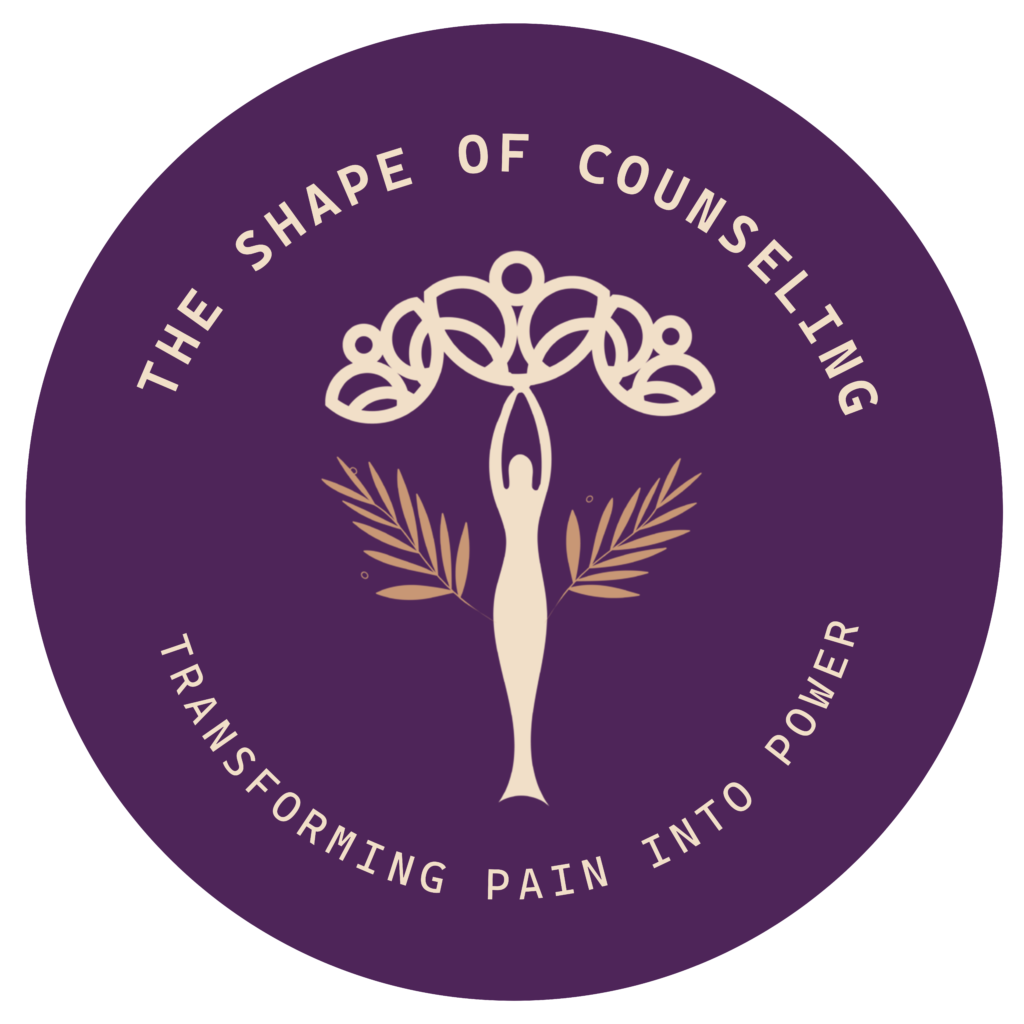1. The Balanced Man: Challenging Societal Expectations of the “Man of Steel”
From an early age, boys are often told to “man up” or that “big boys don’t cry.” These seemingly harmless phrases set the stage for a lifetime of emotional suppression. As men enter the workforce, this expectation only intensifies. The corporate world often rewards those who appear unshakeable, stoic, and detached from their emotions. Success, we’re told, comes to those who can make tough decisions without flinching, push through long hours without complaint, and never show weakness. In this environment, men’s therapy Men’s therapy becomes crucial, offering a vital space for men to address and navigate their emotional challenges. Programs like The Balanced Man further enhance this support, fostering healthier approaches to both personal well-being and professional performance.

2. The Hidden Cost of Detachment
But at what cost does this emotional detachment come? Men’s mental health statistics paint a grim picture. Higher rates of substance abuse, shorter life expectancies, and alarmingly high suicide rates all point to a crisis in men’s emotional well-being. The pressure to maintain a facade of unwavering strength takes its toll, often leading to burnout, strained relationships, and a profound sense of isolation.
3. The Dilemma: Switching Roles
Many men find themselves trapped in a difficult dilemma. At work, they’re expected to be the unwavering pillar of strength. At home, they might need to switch gears entirely, being present, emotionally available partners and nurturing fathers. This constant role-switching can be exhausting and confusing, leaving many men feeling like they’re living dual lives, never fully authentic in either realm.
4. The Balanced Man: A New Paradigm
Enter the concept of the balanced man. This is not about swinging from one extreme to another, but about integrating all aspects of oneself. As the quote suggests:
“A truly evolved man recognizes that his greatest strength lies not in dominance, but in the harmonious blend of his protective instincts and nurturing spirit. He stands as a pillar of support, yet remains flexible enough to embrace vulnerability. His power stems from the courage to be both shield and solace, understanding that revealing his heart does not diminish his strength, but rather completes it.”
This balanced approach recognizes that true strength comes from embracing all parts of oneself – the protective and the nurturing, the strong and the vulnerable.
5. The Power of Vulnerability
Contrary to societal messaging, vulnerability is not weakness. In fact, it takes immense courage to be vulnerable, to show one’s true self to the world. By embracing vulnerability, men open themselves up to deeper connections, more authentic relationships, and a fuller range of human experiences. It’s through vulnerability that we connect with others, that we grow, and that we truly understand ourselves.
6. Fearlessness in Vulnerability
The key to becoming a balanced man lies in being fearless in vulnerability. This doesn’t mean an absence of fear, but rather the courage to face that fear head-on. It’s about recognizing that showing emotion, asking for help, or admitting uncertainty are not signs of weakness, but of profound strength and self-awareness.
7. The Role of Men’s Therapy
Men’s therapy plays a crucial role in this journey towards balance. It provides a safe space for men to explore their emotions, challenge societal expectations, and develop the tools needed to integrate all aspects of themselves. Additionally, coaching complements this process by offering practical strategies and support to help men apply their insights in real-world situations. Through both therapy and coaching, men can learn to navigate the complex interplay between strength and vulnerability, finding ways to be authentic both at work and at home.
8. The Way Forward
Becoming a balanced man is not about rejecting traditional masculine traits, but about expanding the definition of masculinity to include a full range of human experiences and emotions. It’s about recognizing that being a protector and being nurturing are not mutually exclusive. It’s about understanding that true strength lies in authenticity, in the courage to be one’s full self in all aspects of life.
As society evolves, so too must our understanding of what it means to be a man. By embracing the concept of the balanced man, we open the door to healthier individuals, stronger relationships, and a more compassionate world. The journey may be challenging, but the rewards – for individuals, families, and society as a whole – are immeasurable.




